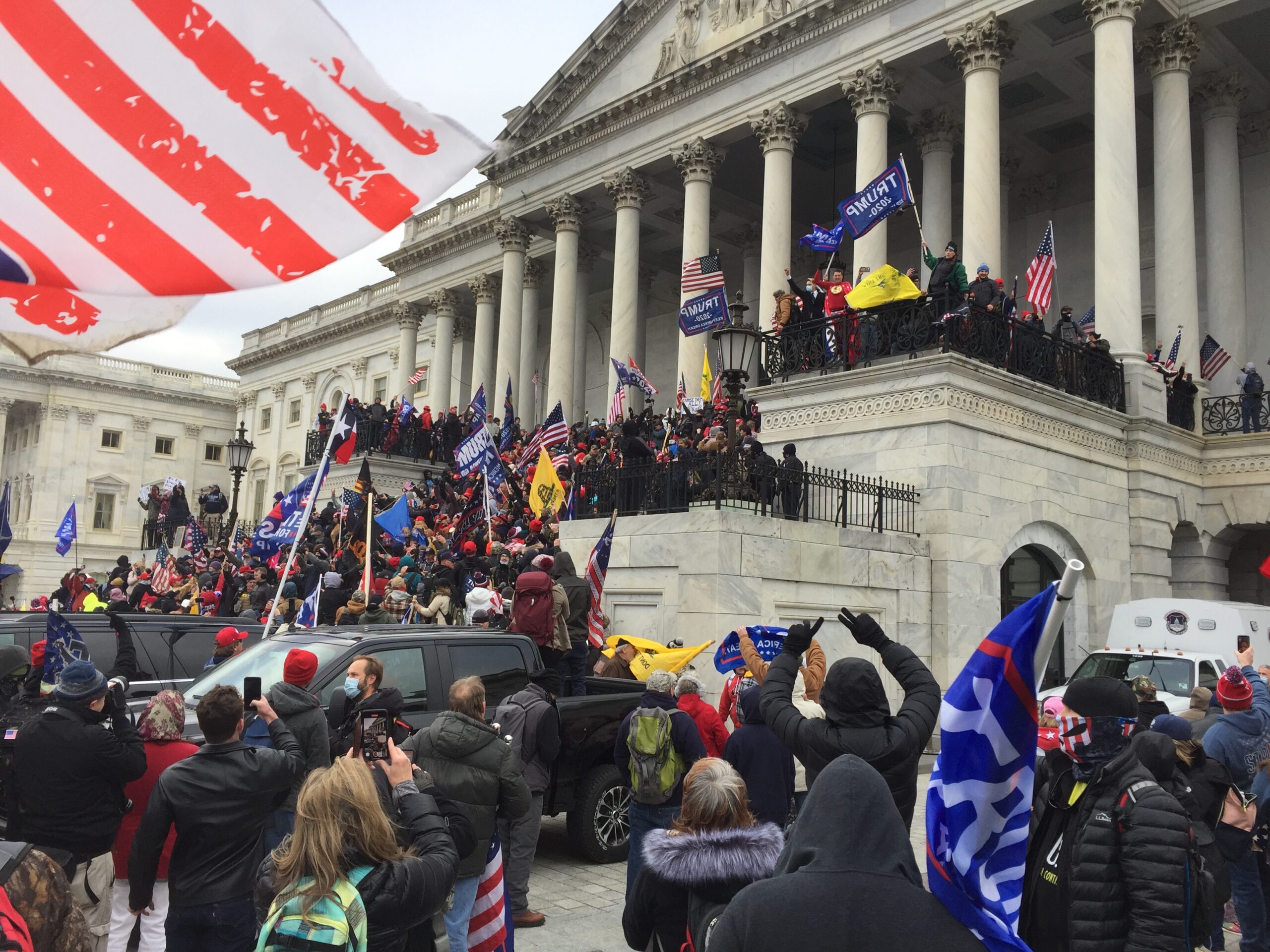A new scholarly paper has found that today’s deep political divisions have far-reaching effects on American life. These impacts can take place on a macro level — when elected officials face more challenges in governing effectively — as well as on a personal level, harming interpersonal relationships and consumer welfare.
The paper was published by researchers from California Polytechnic State University, the University of Wyoming, Southern Connecticut State University, the University of Delaware, Arizona State University, and Montana State University, appearing in the Journal of Public Policy and Marketing.
Polarized Now More Than Ever
The University of Wyoming website listed several key findings by the researchers, such as how political polarization can affect people on an individual level in four main ways.
Financially, the research found that employees are willing to compromise and accept lower wages for the opportunity to work for politically like-minded entities. They may also choose to patronize companies that share their political views, even though it may be more expensive or offer less functional value to do so.
Personal relationships also take a hit, because polarization can serve as a barrier that prevents colleagues or neighbors from opposing parties from being friends. The paper posited that this lack of intellectual diversity in an individual’s social circle can have serious effects on personal development. It could go as far as to “cause both mental and physical harm.”
Furthermore, the researchers suggested that beliefs relating to important societal interests such as gun control, global warming, and wealth inequality are a reflection of one’s political affiliations and not the result of “a deliberate processing of relevant information that results in evidence-based decision-making.”
The paper added that “the politicization of COVID-19 prevention techniques has seemingly slowed their adoption and obscured dissemination of scientific facts, thereby amplifying the spread of a deadly disease.”
On the macro level, the paper asserts that polarization can make it more difficult for elected officials to govern effectively, resulting in distrust of scientists and policymakers and the prevalence of misinformation.
These findings build on previous research that suggests political polarization in the US has become more pronounced now than ever before, as reported by the Oil City News.



